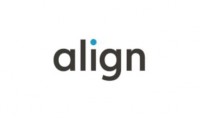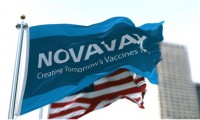-
AbbVie, AstraZeneca, Boehringer and more face FTC’s ire for ‘improper’ patent listings
- Source: drugdu
- 91
- November 9, 2023
-
Align Technology makes $100M open market stock repurchase
- Source: drugdu
- 132
- November 8, 2023
-
【EXPERT Q&A】As a medical trade professional, how can one effectively manage a B2B platform account?
- Source: drugdu
- 335
- November 8, 2023
-
Pfizer’s Litfulo approved by MHRA for adults and adolescents with alopecia areata
- Source: drugdu
- 107
- November 5, 2023
-
Novavax’s XBB.1.5-adapted COVID-19 vaccine receives EC approval
- Source: drugdu
- 204
- November 3, 2023
-
BioMarin’s longtime CEO Jean-Jacques Bienaimé hands the reins to Genentech’s Alexander Hardy
- Source: drugdu
- 99
- November 3, 2023
-
Merck’s Keytruda nabs FDA nod in biliary tract cancer, catching up with AstraZeneca’s Imfinzi
- Source: drugdu
- 97
- November 3, 2023
-
Sarepta’s Elevidys fails on primary endpoint, but executives see path to wider DMD approval anyway
- Source: drugdu
- 95
- November 2, 2023
-
Five pharma firms fined €13.4m over EC’s cartel investigation
- Source: https://www.pharmaceutical-technology.com/news/five-pharma-firms-fined-e13-4-million-over-ecs-cartel-investigation/
- 130
- October 30, 2023
-
PTC inks Royalty deal worth up to $1.5B on Genentech-partnered SMA drug Evrysdi
- Source: https://www.reuters.com/business/healthcare-pharmaceuticals/royalty-pharma-pay-1-bln-roches-sma-drug-royalties-2023-10-19/
- 103
- October 30, 2023
your submission has already been received.
OK
Subscribe
Please enter a valid Email address!
Submit
The most relevant industry news & insight will be sent to you every two weeks.













